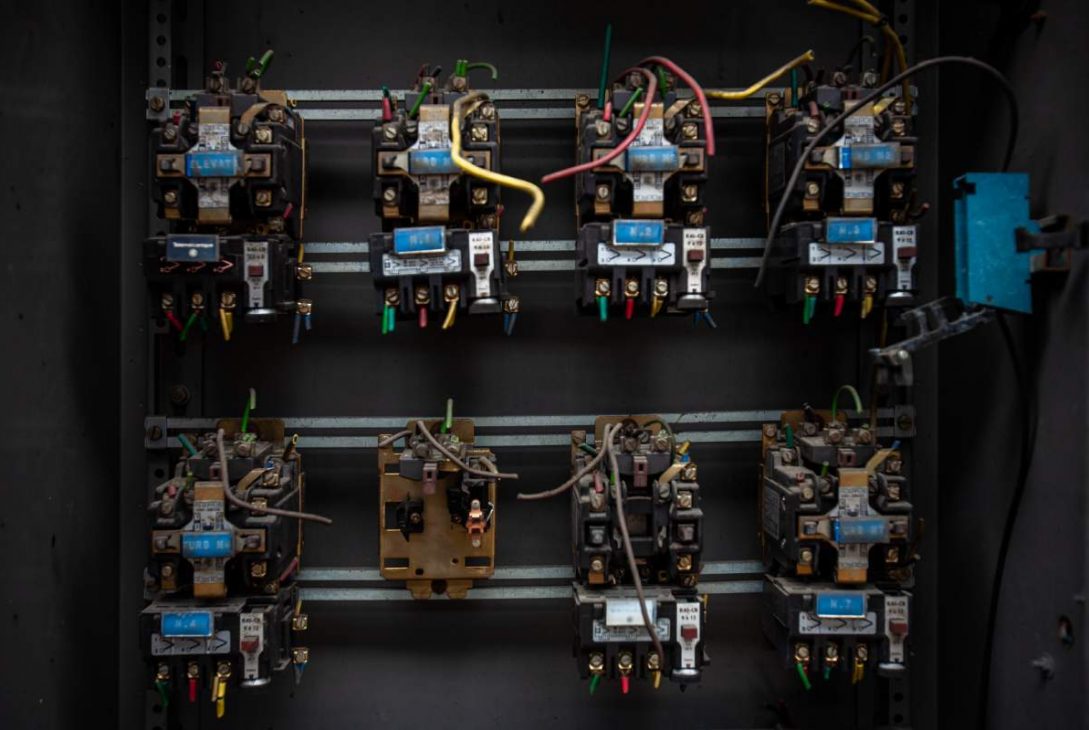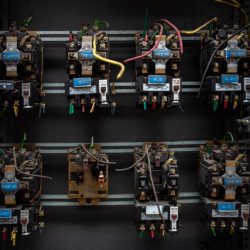Unless you are a fully certified electrician, navigating the world of residential electronics can be an absolute nightmare. For example, is it a fuse box or a consumer unit? Are they one and the same? And what’s the difference between an RCBO and an MCB consumer unit? How do you know which of the two is better suited to your situation?
If you’d like to get a better understanding of how the inner workings of your home electronics work, this is the article for you. We’ll aim to simplify everything as best as possible so you’ll be better positioned to make the right decisions with regard to your electrical systems at home. Here’s what you need to know…
Is it a fuse box or a consumer unit?
So, is it a fuse box or a consumer unit? As if things weren’t confusing enough as it is, a consumer unit or fuse box are both exactly the same things – simply different names that are used interchangeably. For the sake of keeping things simple, we’ll stick with a consumer unit in this situation (because it sounds way cooler).
Your consumer unit is relatively easy to identify as this is where all the electricity in your home is controlled and distributed (look for the funky-looking box with lots of switches and a clear plastic casing. It’s often found under the stairs).
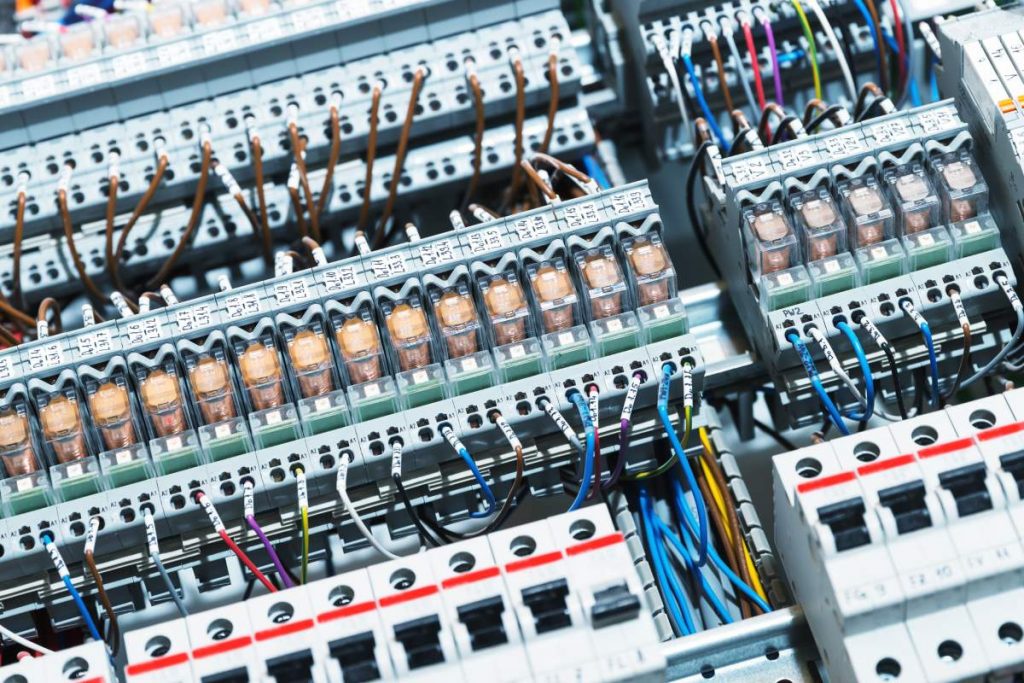
If you don’t know where your consumer unit is, have a hunt around your home until you find it. It’s very important to know exactly where yours is just in case you ever find yourself in an emergency situation where you need to switch your electricity off.
A consumer unit contains the following three things:
- The mains switch.
- Fuses (and/or circuit breakers).
- RCD (residual current devices found in all modern consumer units).
- Main switch: the main switch, as you may have guessed, is where you can switch off the entire electrical supply to your home. Bear in mind that you may have more than one main’s switch in your home (e.g., electrical storage heaters often have a separate consumer unit).
- RCD (residual current devices): RCDs are a life-saving technology that was artfully designed to prevent you from receiving a deadly electric shock if you were to accidentally does a faulty live wire. Additionally, they provide further protection against electrical fires – significantly reducing their likelihood.
- If you’re rolling with an old consumer unit that doesn’t have an RCD, you may wish to consider upgrading. This is because RCDs offer a whole other level of personal protection that traditional fuses/circuit breakers cannot compete with.
What is an MCB consumer unit?
So, what’s an MCB consumer unit? The MCB stands for: ‘miniature circuit breaker’. These units automatically switch off the electrical circuit if it detects any abnormalities in the current. It’s a very simple process that relies on two features:
- Fixed contact
- Movable contact
If a surge in the current is detected by the MCB, the movable contact will automatically detach from the fixed ones thus cutting the circuit off from the main power supply and preventing any accidents.
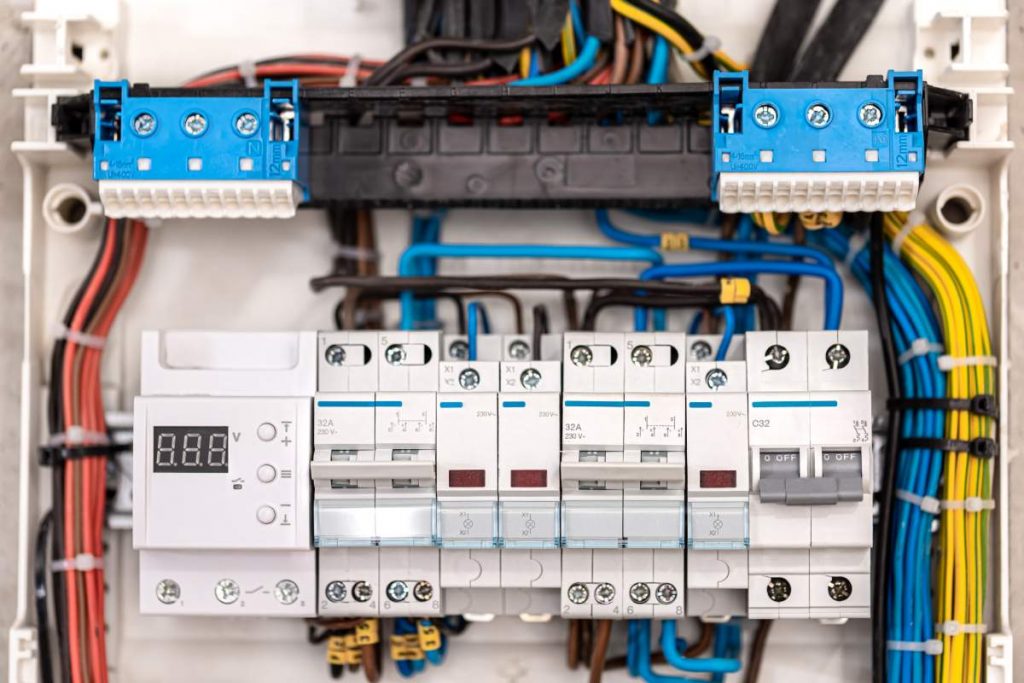
What is an RCBO consumer unit?
And what is an RCBO consumer unit? RCBO stands for: ‘residual current breaker with over-current’. These units combine the functionality of both an RCD and an MCB (as detailed above) in one single, state-of-the-art unit.
An RCBO consumer unit will automatically trip the entire circuit if ever there is a current leakage. It also protects against:
- Short circuit currents.
- Earth fault currents.
- Overloads.
How does an RCBO combine the features of an RCD & MCB?
So, how does an RCBO unit cleverly combine the features of an RCD and MCB? Simply put:
- An MCB can only detect current overloads.
- An RCD can only detect current leakages.
- An RCBO detects BOTH.
What are the benefits of using an RCBO consumer unit?
Now that you better understand what an RCBO unit is, what are the benefits of having one installed?
- Protects against overloads and short circuits.
- Takes up less space in an electrical distribution panel.
- Combines the features of an MCB and RCD unit into one single device.
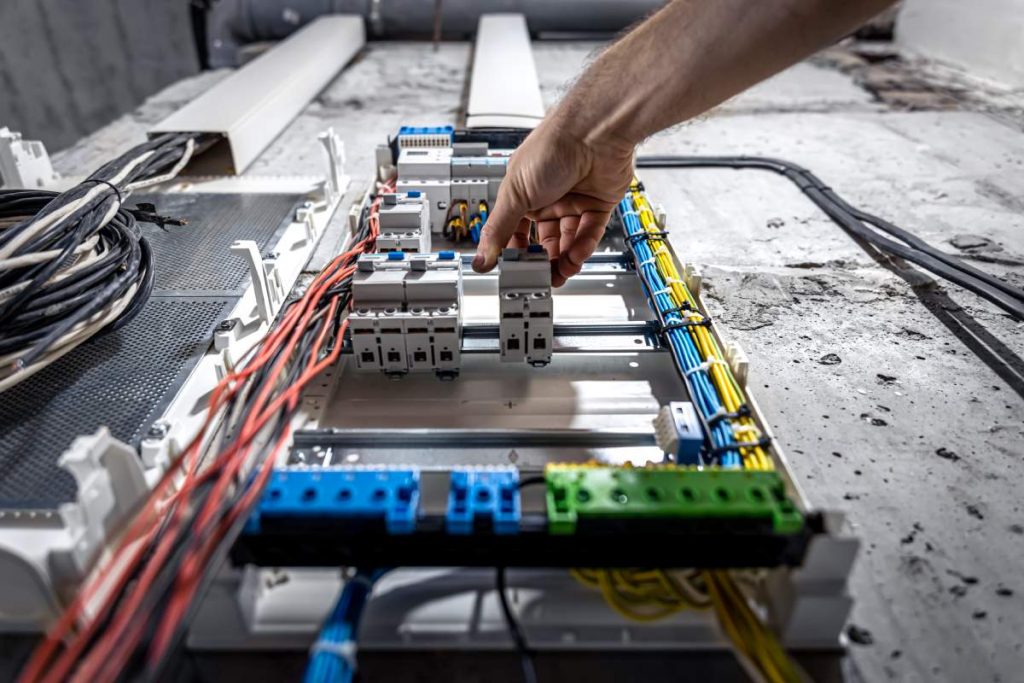
Should I use RCBO or MCB consumer unit?
So, should you go for an RCBO consumer unit or are you better off with an MCB?
Ultimately, we would recommend that you attach an RCBO to each of the individual circuits in your electrical wiring system. That way, if there are any faults in one circuit, it will not negatively impact the rest of your system. This is particularly important if there are certain appliances that you want to remain functional at all times (e.g., your freezer or fire alarm).
While MCBs and RCDs may be more cost-effective in non-critical circuits, it’s important that you remember they can both still lead to power outages as they each only detect one type of fault. As such, be certain to weigh up the pros and cons before making your final decision – and indeed research the necessary electrical safety standards if you are looking to rent a residential property out.
Final thoughts
To recap:
- Consumer units and fuses boxes are one in the same thing.
- RCDs detect current leakages.
- MCBs detect current overloads.
- An RCBO detects BOTH.
- RCBOs are widely considered the superior consumer unit because they combine both features of the RCD and MCB units.
If you’re still undecided and don’t know if an RCBO consumer unit is the right choice for you or if you can easily get away with an RCD / MCB at home, please do not hesitate to contact your trusted electrician and seek their professional and unbiased advice. They will be able to direct you accordingly.
